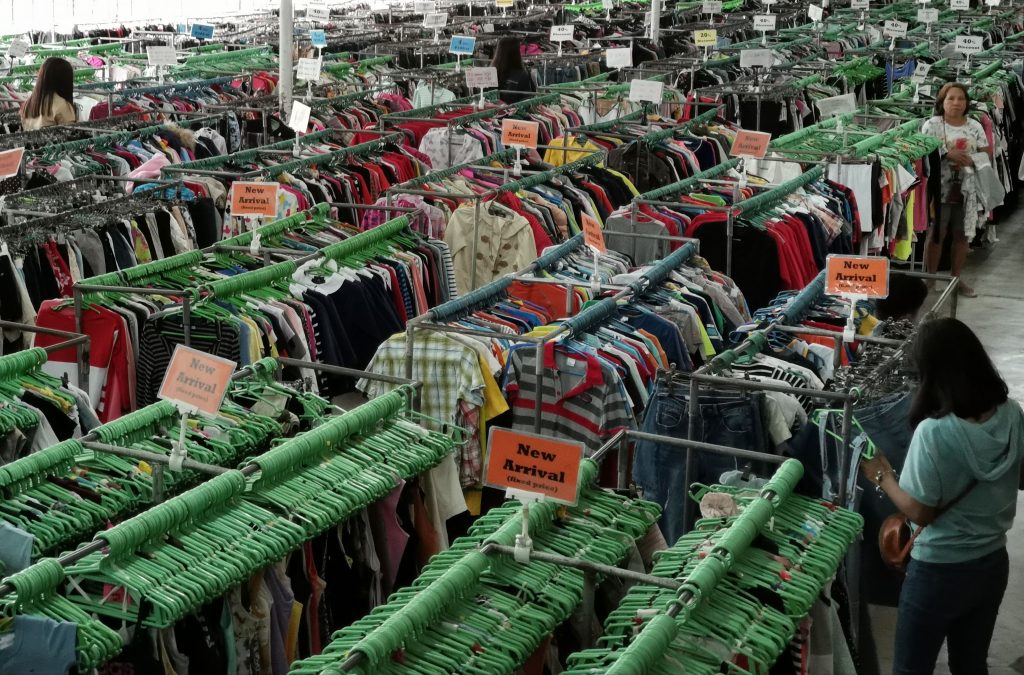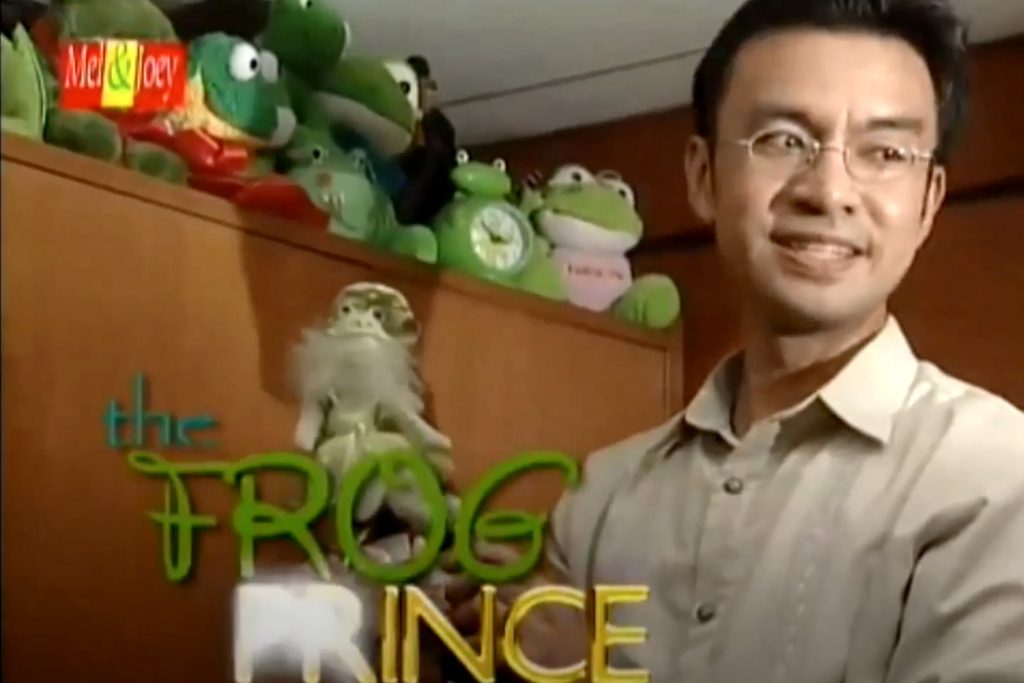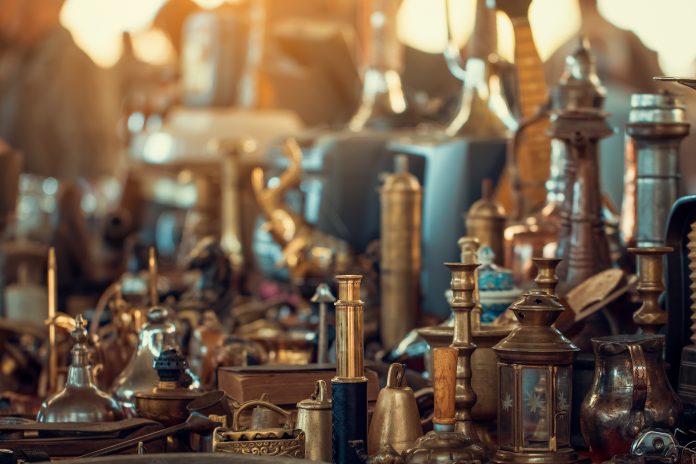I am the son of a hoarder, and a collector.
People wonder why we have several stuff in our house that my father did not want to dispose off, especially the shoes.
Papa justified this by saying that while he was growing up, he never had the luxury of owning new ones because both he and my mother came from a family with very modest means.
He tried to instill in us the value of small blessings.
Long before ukay-ukay became famous, we were already wearing second-hand clothes and shoes, sleeping on beds, sitting on chairs and sofas that Papa bought from shops in Bangkal, Makati.
Bangkal is known for the rows of dusty segunda mano shops selling hundreds of cast-offs — a wild mix of furniture, artworks, home décor, dinnerware, glassware, antiques, and anything under the sun, many of which were pre-owned.
Seldom did we wear brand-new clothes, except maybe during Christmas when our aunties would buy us clothes on an installment basis: one Tita would buy us pairs of pants while another would take care of the shirts. The shoes were usually sourced from Bangkal.
We became real-life models for ukay-ukay in the 1970s until 1990s.
The term ukay-ukay is derived from the Cebuano verb ukay, which means “to dig” or “to sift through.”
It is synonymous with the verb wagwag, an act of dusting off a piece of clothing by taking hold of one end and snapping it in the air, and shaking the item to dust it off.

We never saw our parents fight all throughout their more than thirty years of marriage.
Although we were accustomed to Mama’s mataray lines, we knew it was her way of expressing herself — through words and her eyes.
Papa would always say that before Mama would get mad at him, he would already forgave her. Papa would step back. He would not overreact to the emotions of Mama.
Mama took care of the family finances while Papa was in charge of the spiritual and emotional needs of the children.
Mama was the breadwinner and Papa was the family caretaker.
He would tell us stories of life, how proud he was of us, his children. He would often stress that he had nothing to give us but our future. Two of his sons entered the priesthood Father Philip Welthy and Father Stephen Melvin.
When Mama died on May 17, 2002, Papa chose to seclude himself and stayed home.
He would linger in our library and would arrange several items — old toothbrushes, pencils, tools, toys, office supplies, and other house stuffs — and put these inside plastic boxes or cartons or hang them or put them one on top of the other.
One year and six months later, my father died on November 16, 2003. We spent a lot of time sorting out the humungous stuff inside the library and the disposal of the unnecessary ones.
Some may call it a hoarding disorder, which studies identified as a persistent difficulty discarding or parting with possessions because of a perceived need to save them.
A person with hoarding disorder experiences distress at the thought of getting rid of the items. Excessive accumulation of items, regardless of actual value, occurs.

Perhaps my father is both a hoarder and a collector.
My father was also fond of collecting valuable items like vinyl records, lamps, figurines, phonographs, books, and cameras, many of which can be considered vintage nowadays.
He was also fond of keeping our toys and photos.
Hoarding and collecting involve assigning special value to possessions, often value that goes beyond the physical characteristics of the object.
In general, collectors have a sense of pride about their possessions and they experience joy in displaying the items to others who appreciate them. They usually keep their collection organized, feel satisfaction when adding to it, and budget their time and money.
In most hoarding cases, like my father’s, they save items that they feel they may need in the future, are valuable, or have sentimental value. Some may also feel safer surrounded by the things they save.
While hoarders often save things others would consider trash, they save useful or valuable things in excess as well.
I also have my set of collections of frog items, which have been featured in some shows. I have currently more than a thousand of them. I started collecting in December 2001. They are scattered all over my house and office, a frog memorabilia museum of sort: toys, toiletries, plates, pillows, vases, incense holders, candles, mugs, keychains, wood crafts, figurines, jars, socks, chimes, and several others made of varied materials such as terracottas, wood, glass, clay, cement, plastic, and ceramics.
Trash to others may be a valuable collectible item to someone.
Atty. Gorecho heads the seafarers’ division of the Sapalo Velez Bundang Bulilan law offices. For comments, email [email protected], or call 09175025808 or 09088665786









